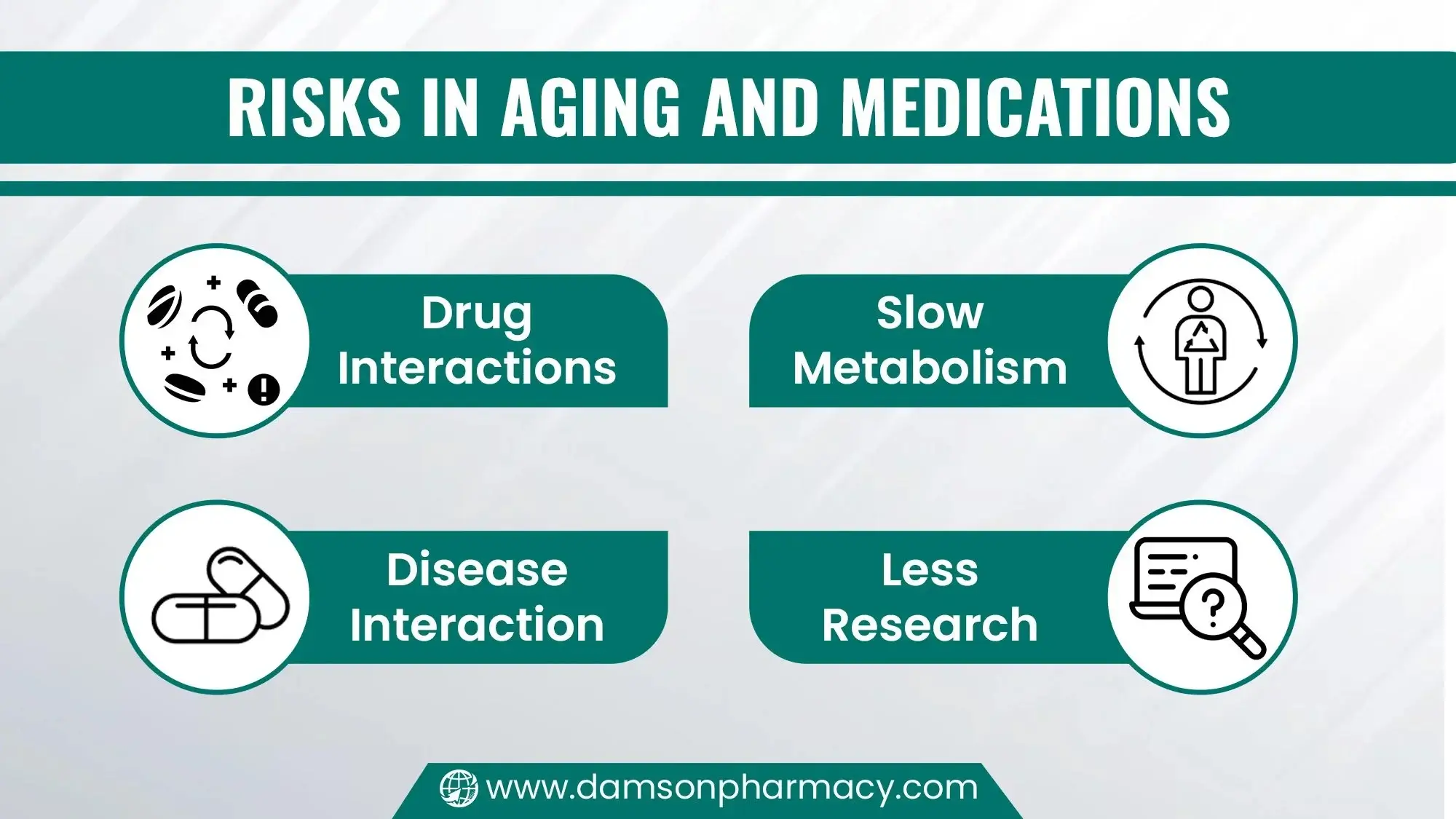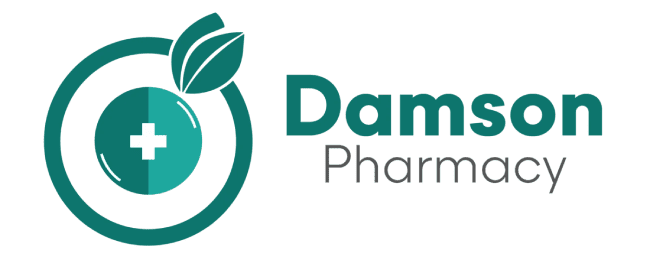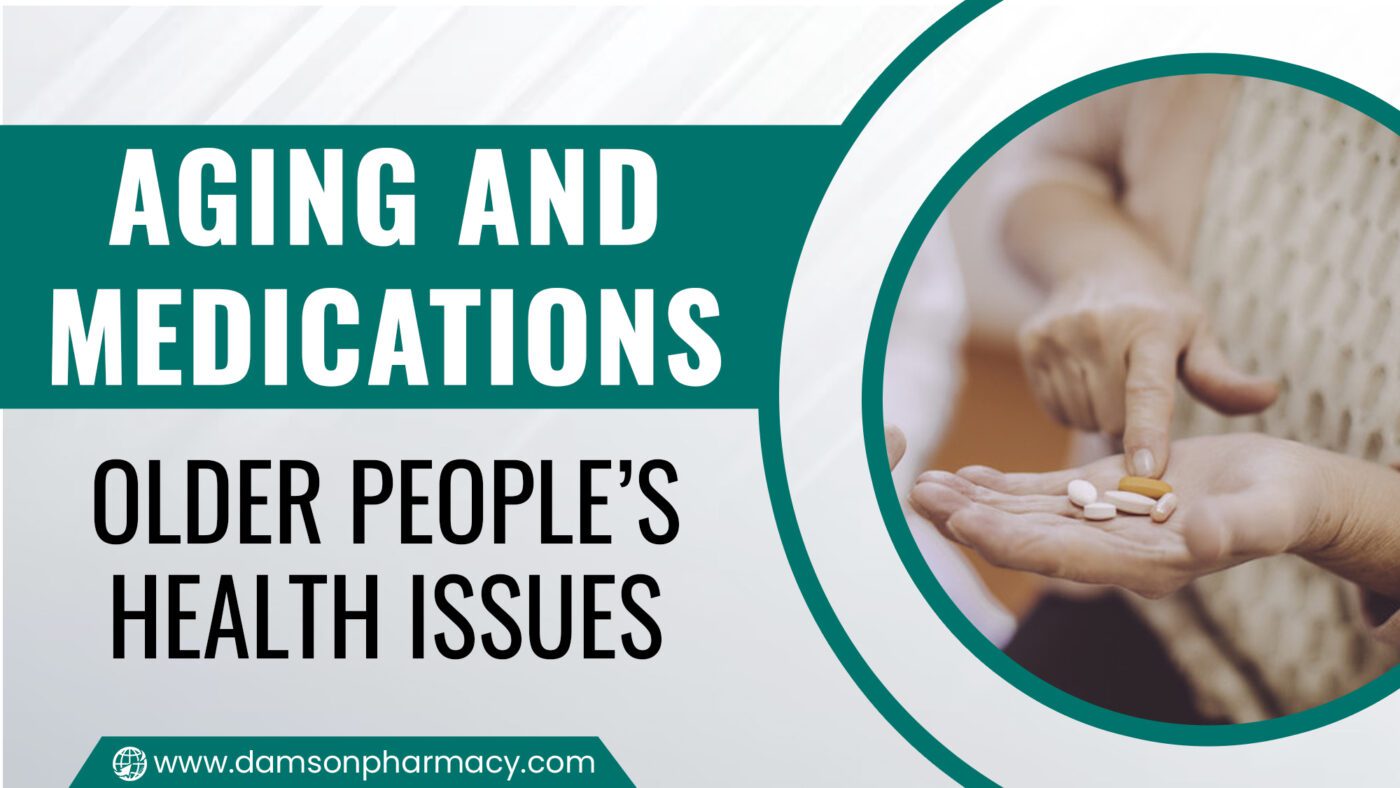Health Information, Medication
Aging and Medications – Older People’s Health Issues
It is a sad reality that as a person ages, his body gets weaker and weaker. He goes through many negative changes in his body, and the immunity of youth starts to fade away. Hence, the relationship between aging and medications starts to develop.
In the latter part of life, there is almost no chance that a man or woman can live without a prescription daily. Even a study shows that nearly 90% of older people take at least one medication daily, and 36% take up to 5 pills regularly.
We must be prepared for that period now that we know the possibility of sticking with a prescription. In this article, we have shared some common medications older people take. We discussed what we needed to know, so read the article.
Conditions Older People Usually Have
Older people have a very significant decline in their immunity. This causes them to be weak and unable to fight against many health disorders and infections. The heart gets weak, and digestion is also terrible due to a lack of metabolism. These changes can get delayed if you live a healthy life, but they are inevitable.
Some of the conditions that older adults deal with are listed below. A person can also have more than one disorder, restricted to more than one medicine. This is where Aging and Medications start getting complicated.
Sleeping Disorder in Older People
One of the aging disorders that need more than usual discussion is sleeping dysfunctions, which include Insomnia, sleep apnea, etc. These disorders affect the sleeping pattern, which causes much distress in older people.
Insomnia is a common sleeping disorder in men and women, and to Treat Insomnia, medications are available. There is a vast proportion of old people who are prescribed some type of insomnia medication like Zopiclone 10.
Benefits of Taking Drugs When Old
Medications become kind of a necessity for people as they age. As the diseases get more common, medications are the only right solution for them. Medicines are not only for the treatments but can also have long-term positive impacts on the person’s overall health. We have shared some of these benefits below.
- Medicines and vaccines prevent future infectious diseases.
- Severe infections like pneumonia, which are very common in older people, can be treated with antibiotics.
- To control high blood pressure, medications are necessary.
- In old age, medicines are used to prevent strokes and heart attacks.
- Sugar-controlling medicine like insulin helps thousands of people control their diabetes.
- Medicine is necessary to lower the risk of eye and kidney problems in old people.
- Over 40 men and women suffer from different kinds of pains, which can be eradicated only by painkiller medicines.
- To keep the sexual ability of men active, medicines become necessary at a certain point of age.
Risks in Aging and Medications

Along with the amazing benefits medications have for older people, they also come with some limitations in the form of risks. The old body isn’t as perfect as the young one, so medicine has a higher chance of causing trouble. Below are some of the risks of Aging and Medications we must monitor.
Drug Interactions
Drug interaction is a prevalent limitation of every medicine we take. The pills can interact with each other, but in the case of older people, as the medicine remains in our body longer, it has a higher chance of dissolving with our next medicine and causing a side effect.
Disease Interaction
An older adult might have more than one disease, which is very common. So sometimes, these diseases can interact with each other and the medicine we are taking. For example, the medicine we take to treat our heart disorder might interact with our sexual health and cause erectile dysfunction. Hence, Aging and Medications need more attention for people with multiple health disorders.
Slow Metabolism
The metabolism of an old person is far slower than a young person’s, which can result from medications and aging. The pill might work slower due to this slow metabolism, and Zopiclone 7.5 might have a slower effect, which results in an untreated sleeping disorder.
Less Research
A risk involved in using medications for older people is the lack of research. Aging and medications are topics that require a lot more discussion and scientific studies. There is more awareness about this, and new possibilities are being discovered to lower medicine risks for older people.
Get Health Care Professional Help
For medication use, older people need a lot of doctor’s help. As too many risks are involved for older people, professional opinion is necessary. So, asking your doctor the following questions before taking any medication would be best.
- Ask for the exact dose according to your age and condition.
- Share all your previous medical history to get a prescription accordingly.
- Ask for the medicine that you should avoid taking together.
Store to Get High-Quality Medications
Aging and medications are links that will not be broken. We can delay it, but it will happen. If we want to benefit from this relationship, we must ensure the medicines’ quality. We must buy our medicine from a trusted store like Damson Pharmacy.
We speak highly of this amazing pharmaceutical store because of its years of experience and thousands of positive customer reviews. We can find all kinds of medicine from this store in the best quality. Also, the Best Sleep Medications for Insomnia are available on Damson.
Bottom Line
Some people can get terrified of the idea of using medications, but this isn’t that bad at all. Of course, some risks are involved, but we must manage them to live healthy lives. Aging and medications are the facts we must familiarize ourselves with.
Also, if we use the medicine our doctors prescribe, the risks of getting any side effects become slim to none. That is why getting professional help is so important. All older people’s health issues can be treated with medicine, so we must trust them.
References
- https://www.fda.gov/drugs/tips-seniors/you-age-you-and-your-medicines
- https://www.physio-pedia.com/Medication_and_Older_People
- https://www.healthinaging.org/medications-older-adults/medications-work-differently-older-adults

